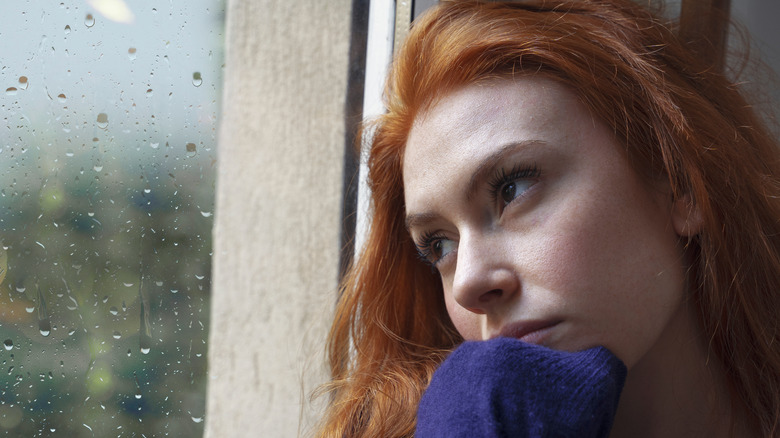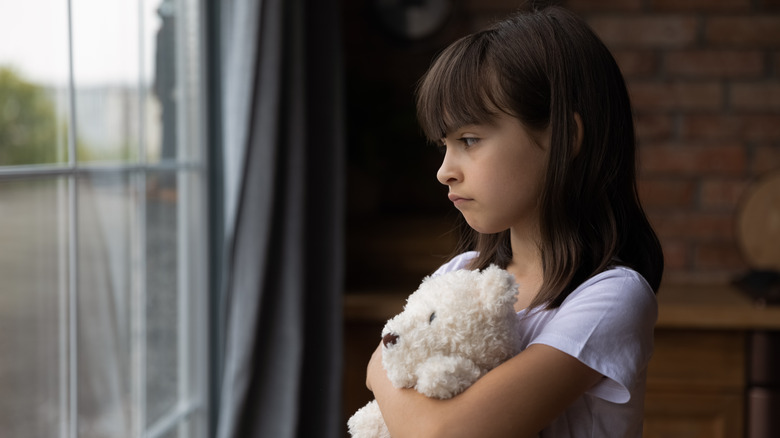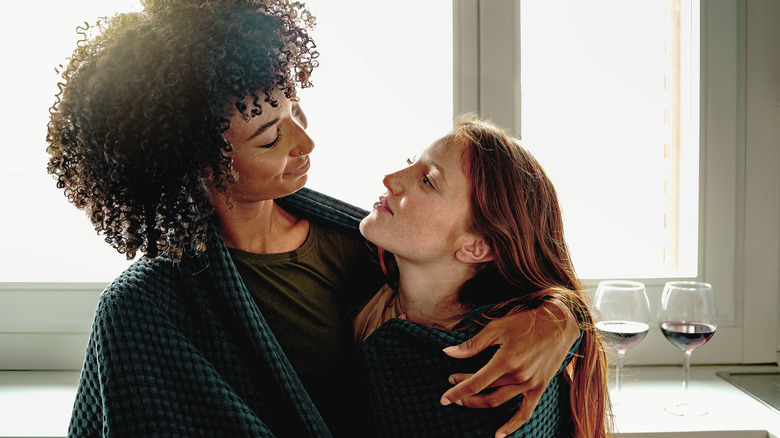What Does It Mean If You Have A Disorganized Attachment Style?
Psychologists, like John Bowlby in the 1950s,have long been interested in our childhood and the attachment styles we form with our primary caregivers. The premise is that the relationships we have with our parents influence the way we connect with ourselves and others as adults. Based on such research, therapists have developed advice on how to improve your relationship based on your attachment style.
What we hear about often under the umbrella of the attachment theory is the three main attachment styles: avoidant, anxious, and secure. If your primary caregiver/s were attuned to your needs and you were able to depend on them as a child, you likely developed a secure attachment with yourself and those around you. If one or more of your caretakers withheld love and support from you and you felt like you had to cling to them to get what you wanted, you may have formed an anxious attachment style. With avoidant attachment, there is a sense of independence and aloofness that comes with years of getting accustomed to managing your own needs as a kid. Your primary caregivers were rarely around (either emotionally or physically) to meet them, so you developed a coping mechanism that involved being fearful of letting anyone get too close, even as an adult.
If you're reading the definitions and thinking you don't fall into any of those categories, you could have the less-talked-about and fourth attachment style:disorganized attachment.
What is disorganized attachment?
While the simplest definition is that it is a combination of both anxious and avoidant attachment styles, disorganized attachment (which is also called a fearful-avoidant attachment style) is a lot more complicated than that. An individual with a disorganized attachment style becomes hard to read. They will exhibit clingy and insecure behavior that looks similar to someone with anxious attachment sometimes but also become distant and cold at other times (closely resembling someone with avoidant characteristics).
Growing up in an abusive home could be one reason why someone develops a disorganized attachment style. As a child, you were conflicted about wanting support and love from your primary caregiver but also being afraid to go to them when you needed it. You could've been afraid because you were abused or you were a witness to abusive behavior. Basically, your childhood world was one that was "rooted in chaos and fear," clinical psychologist Lori Lawrenz told Allure. Even if abuse was not part of the equation, your relationship with your primary caregiver was unpredictable. This might mean you experienced lots of ups and downs in how you connected with your parents.
It is important to remember that it is not only your relationship with your caregiver that causes an attachment style. Even romantic connections in later years can influence insecure attachment styles.
How to navigate having a disorganized attachment style
Becoming aware of your particular attachment style and learning more about it are crucial first steps. If you're unsure about your attachment style and you're having problems connecting with your spouse or others close to you, you can try reaching out to a therapist or even taking an online quiz to know where you stand.
As Lawrenz told Allure, having a disorganized attachment style can be especially challenging because of the unpredictable nature of how you connect with those around you. You may feel like you want to be close and vulnerable with someone but you also have a default setting that makes you pull away. "The core belief of those that have the disorganized attachment style ... is that 'the people who love me will hurt me,'" said therapist and social worker Simone Saunders in a YouTube video.
With careful introspection and sometimes outside help, you can understand why you behave the way you do and find healthier ways to connect with those you love. If you're in a romantic relationship with someone, spend some time sharing your newfound knowledge with them. It might help them understand you better. Attachment styles are just a blueprint we can use to get to know ourselves and our relationships better. As clinical psychologist Ayanna Abrams told Allure, they're not permanent. "Your attachment style can change over time depending on your experiences and your desire to change. This takes time, energy, and effort, and it's very much worth it."


